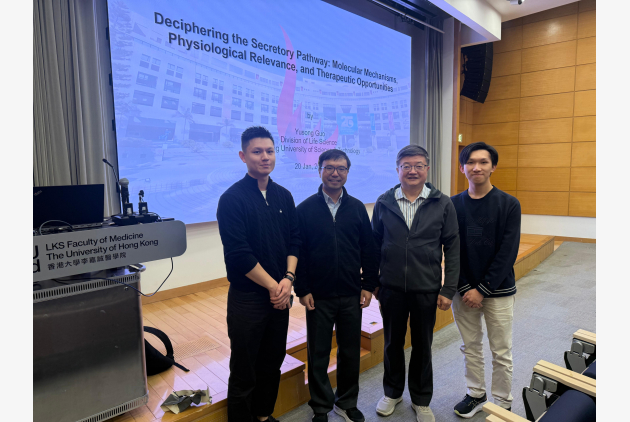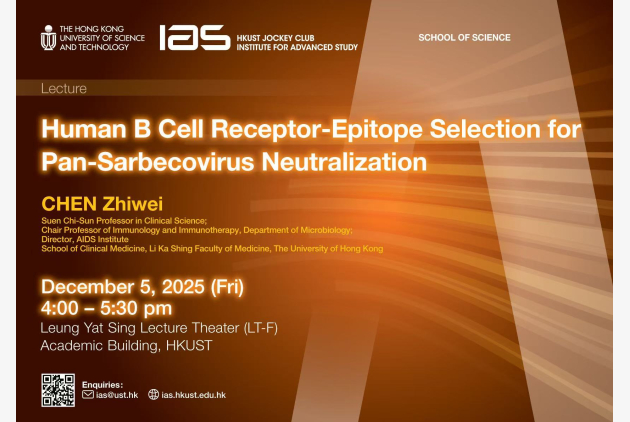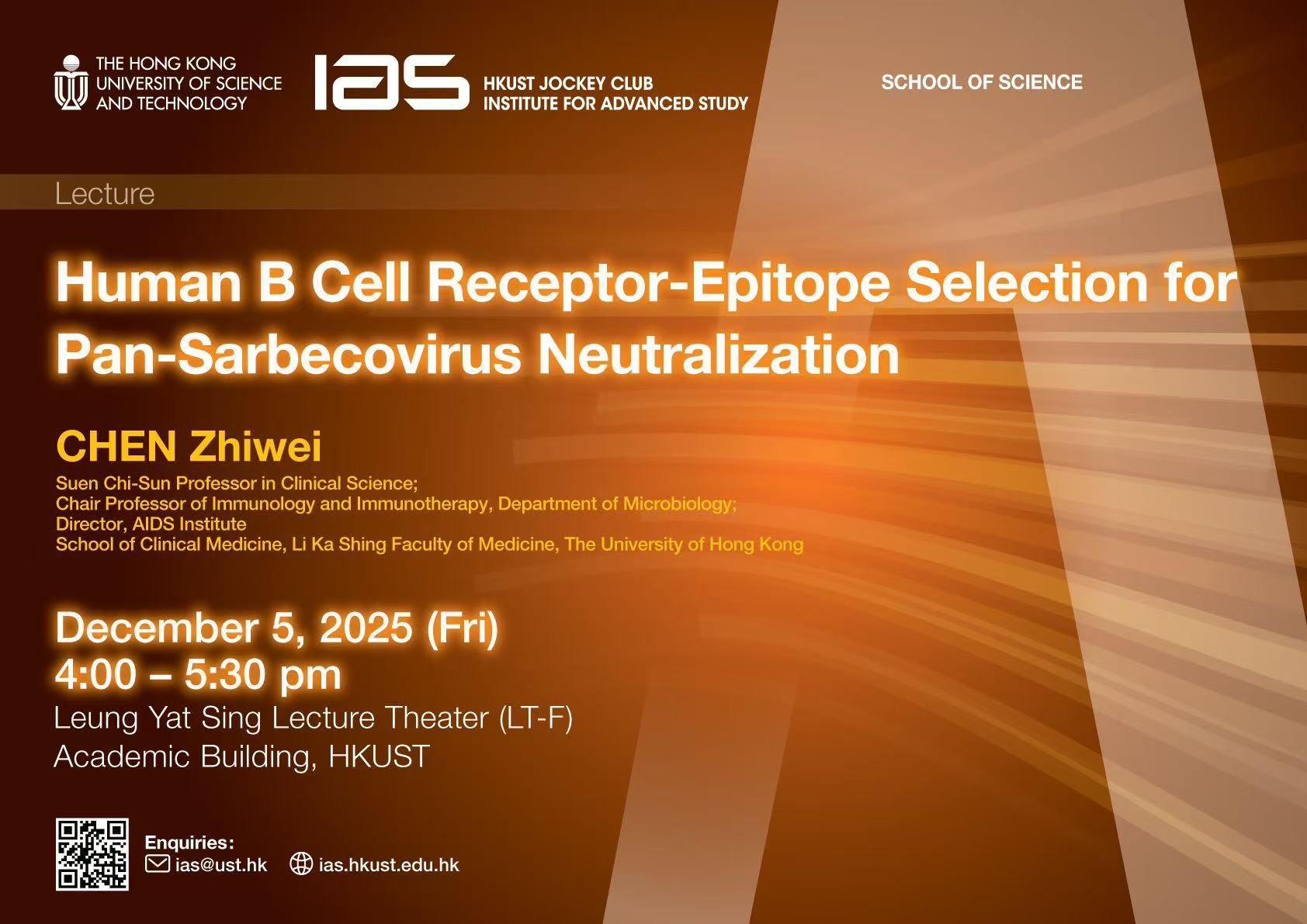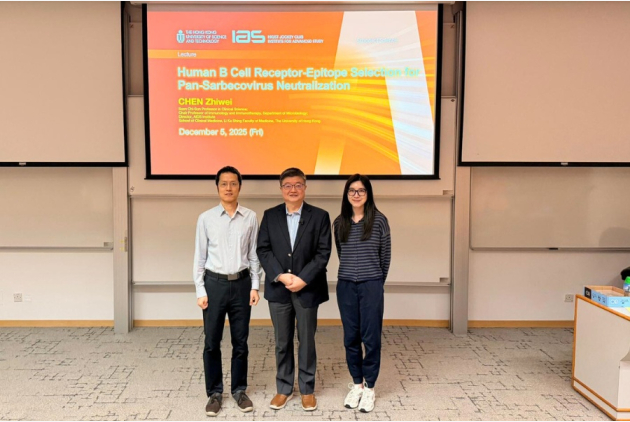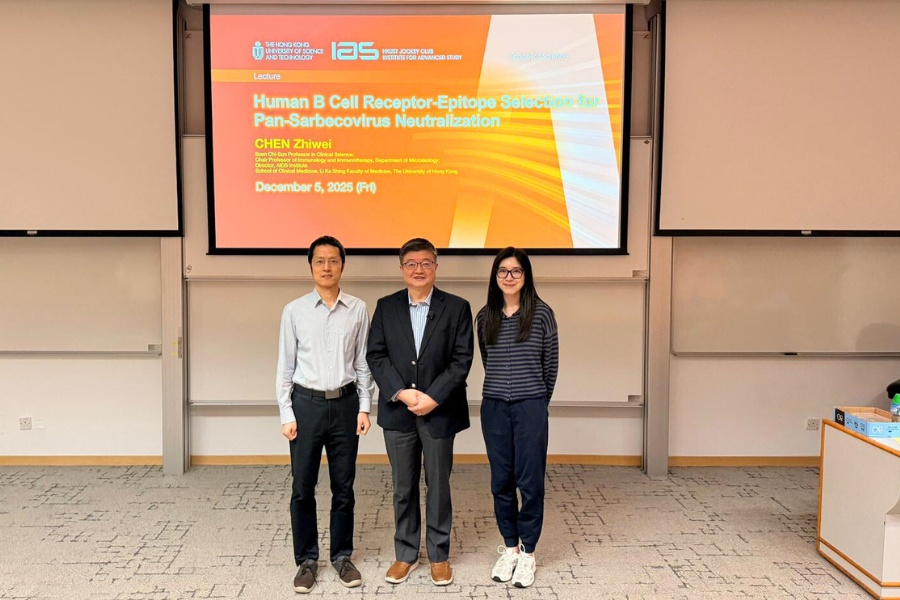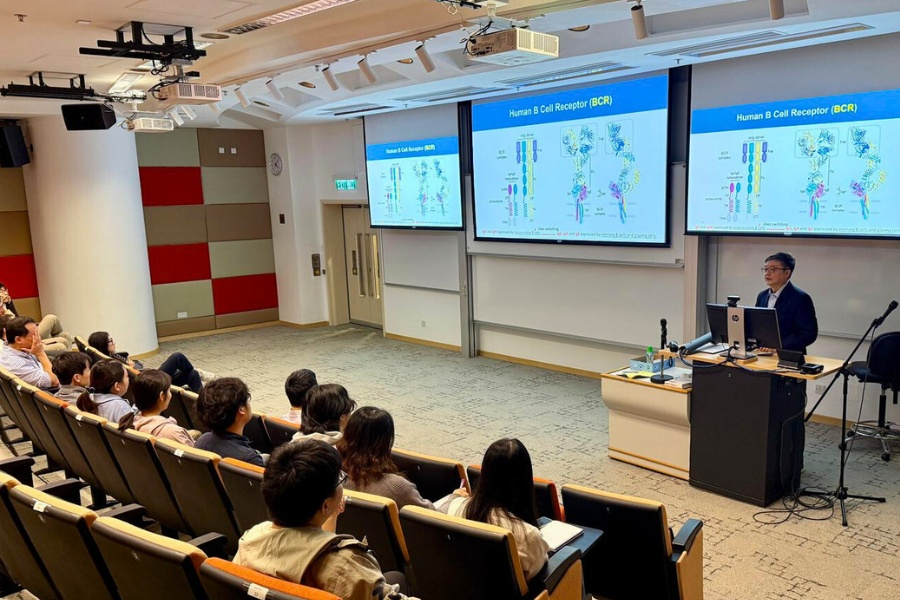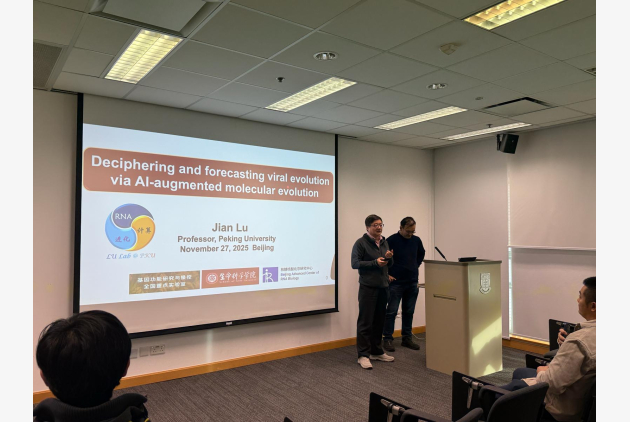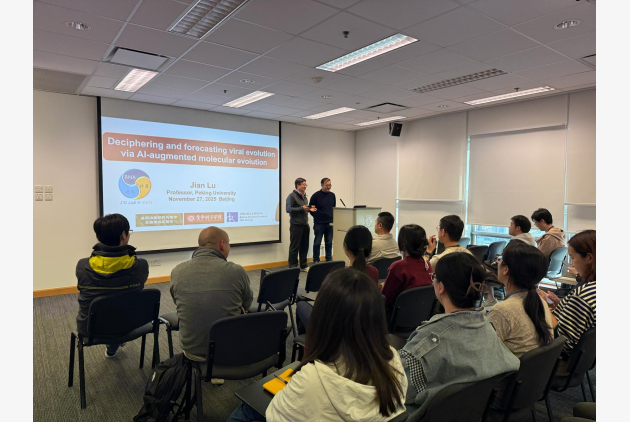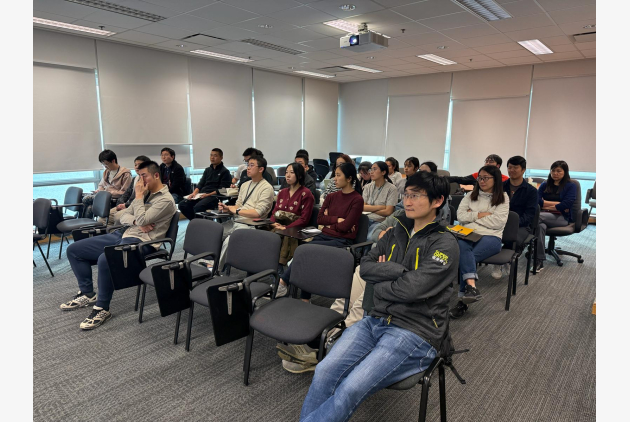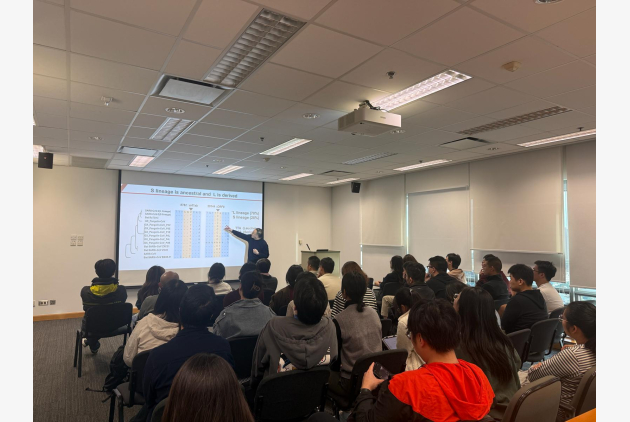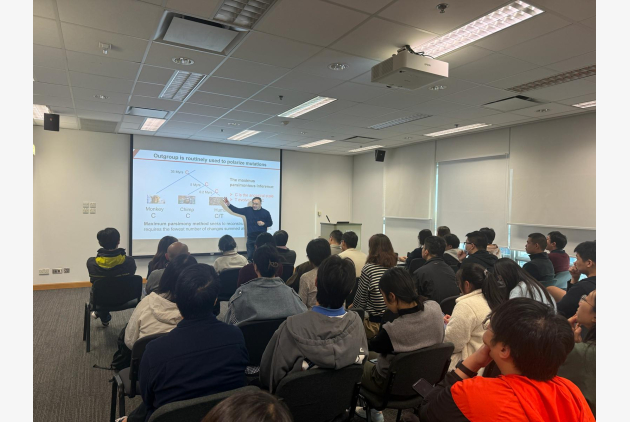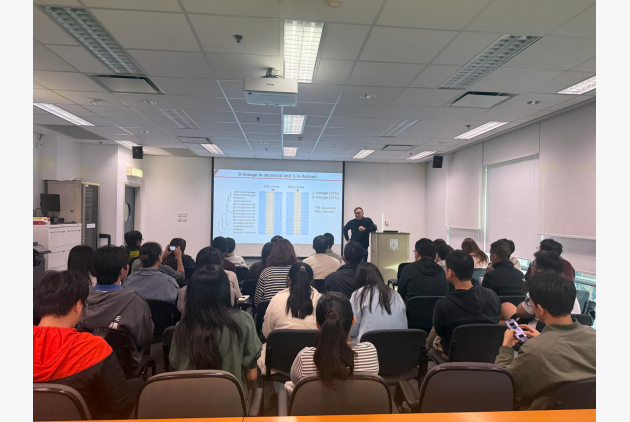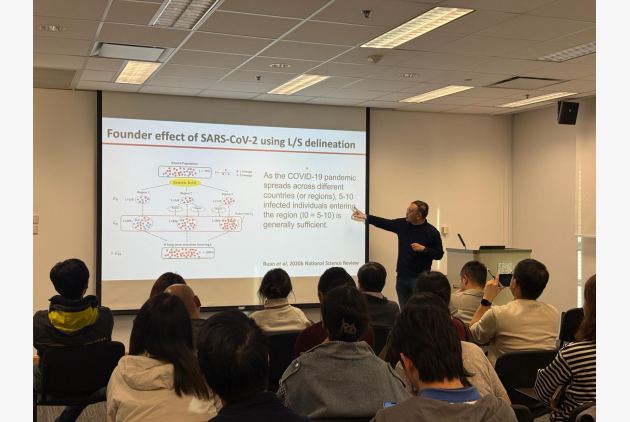Speaker: Dr. Yusong Guo
Associate Professor
Hong Kong University of Science and Technology
Dr. Yusong Guo earned his Ph.D. in Cell Biology from Carnegie Mellon University and conducted postdoctoral research in the laboratory of 2013 Nobel laureate Dr. Randy Schekman at the University of California, Berkeley. In 2015, he launched his independent research group in the Division of Life Science at the Hong Kong University of Science and Technology (HKUST),
where he was promoted to tenured Associate Professor in 2021.
His laboratory studies cargo sorting within the secretory pathway and its significance in physiology and disease. Recent work from his group has elucidated molecular mechanisms controlling the surface delivery of transmembrane signaling receptors and the secretion of soluble signaling molecules. The lab has also pioneered a vesicle reconstitution system coupled with vesicle proteomic analysis to identify new regulators of vesicular
trafficking. Dr. Guo’s contributions have been recognized with awards including the Hong Kong Research Grants Council Early Career Award and the HKUST School of Science Teaching Award. He currently serves as an Associate Editor for Molecular Biology of the Cell and as a Standing Committee Member of the Membrane Biophysics Subcommittee of the Biophysical Society of China.







